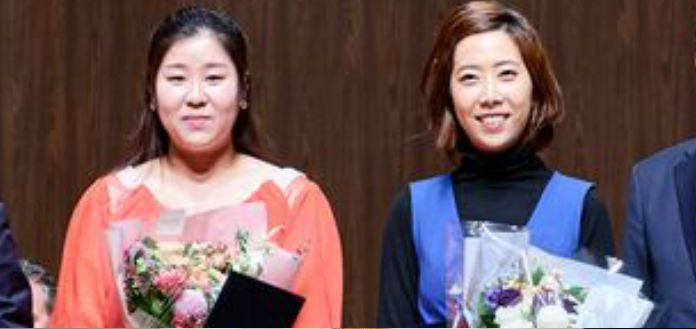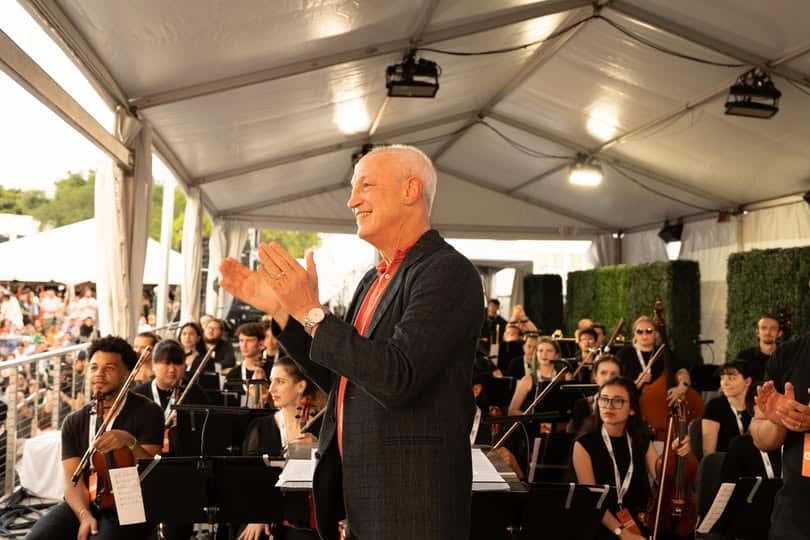The Strad issues swift apology for offensive article
mainString players were swift to protest when the Strad published a slew of cliches about South Korean kids.
The magazine has taken down the article and issued this retraction:
On Monday, The Strad posted an extract from a new article on string teaching in South Korea on our website. Written by Viktoria Elisabeth Kaunzner, a violinist who has spent many years teaching in South Korea, the article explored the reasons for the recent successes of Korean violinists in string competitions worldwide. For the most part we believe the article is a sensitive and informative piece about music education and life there. However, we wish to apologise for the offence cased by a two-sentence snippet posted on social media, which we accept was misjudged. We also wish to stress that none of the competition-winning artists pictured throughout the article has any personal connection with Kaunzner or her research. We appreciate all comments and messages received in connection with the article and will aim to uphold the high standards expected of us in the future.






Comments